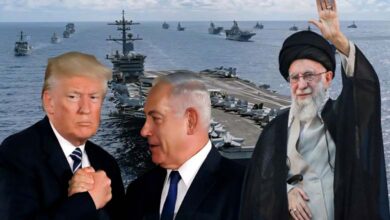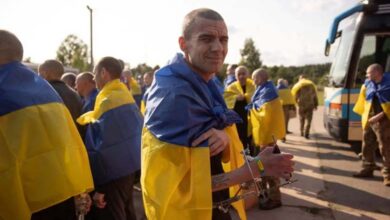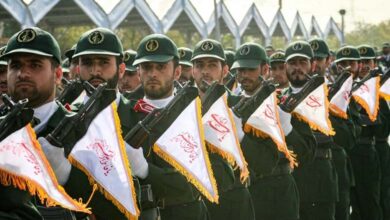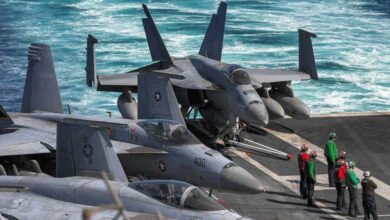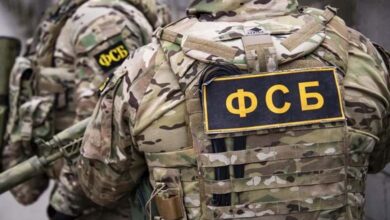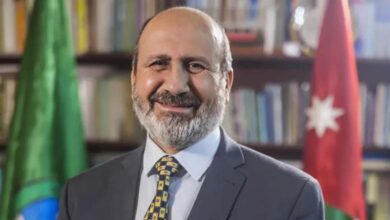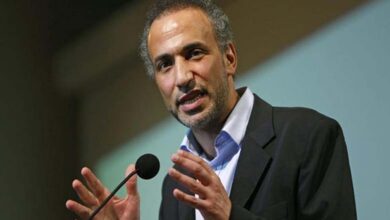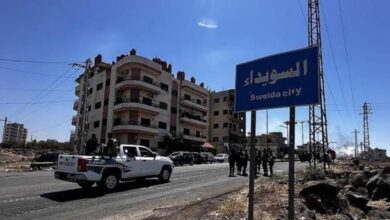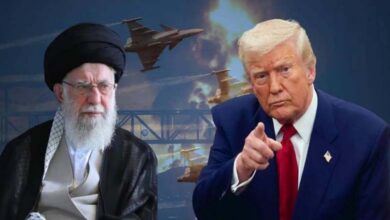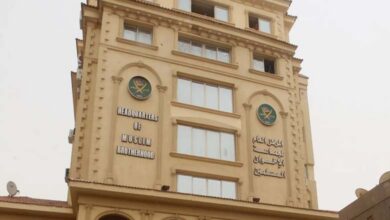Former Muslim Brotherhood member: The organization is experiencing stagnation and crises after Paraguay classified it as a terrorist group
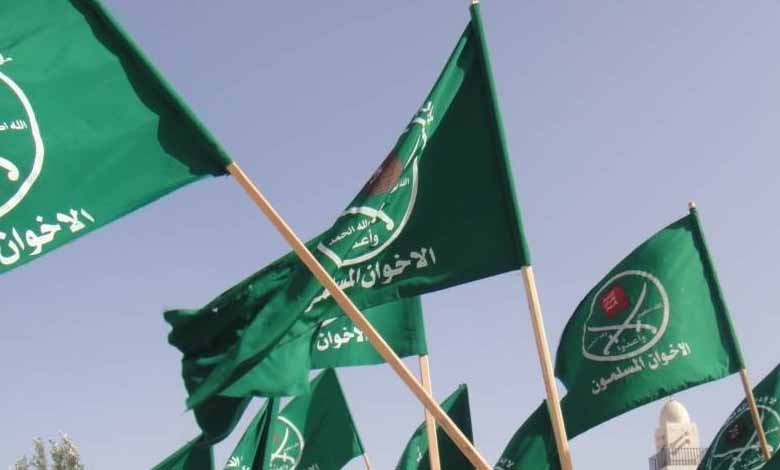
Paraguay’s slap on the Muslim Brotherhood terrorist group is still a fatal blow to the organization, which has taken up a major position in Latin America. The Standing Committee of the Paraguayan Congress declared the Muslim Brotherhood a terrorist group that “threatens international security and stability and constitutes a serious violation of the purposes and principles of the United Nations,” according to a draft resolution previously submitted by Lilian Samenigo, Chairman of the Foreign Affairs Committee of the 45-member Congress.
Restrictions on the Congregation
Regarding the echo of this decision, which was issued a pointer, Dr. Ibrahim Rabie, a leading Muslim Brotherhood defector and researcher specializing in the affairs of terrorist groups, said: The reasons behind the expansion of the Brotherhood’s inclusion in a number of countries in the world are clear. We are talking about an organization involved in acts of violence, killing, sabotage, and espionage, and an alliance with other terrorist entities.
Organization Work
The dissident Brotherhood leader added: The Brotherhood established an Islamic center, with the support of (30) preachers and appointed them in Paraguay to be imams for the center, most of whom are from Syria and Lebanon, including Sheikh Amin Al-Karam (Syrian), Sheikh Ahmed Al-Mahairi (Syrian) and Sheikh Muhammad Hassan Ajaj (Syrian), The imam of the center, in whose place the Palestinian Sheikh Fadi bin Ahmad al-Ja’farawi, the Brotherhood’s al-Sururi, was appointed by the office of the World Assembly of Muslim Youth in Brazil, headed by the Muslim Brotherhood’s Sheikh Ali Abdoni (Lebanese), and its director, Sheikh Jihad Hamadeh (Syrian).
He pointed out that the Muslim Brotherhood had established an Islamic center with the support of 30 preachers, and appointed them in Paraguay to be imams for the center, most of them are from Syria and Lebanon. Although at that time Muslims were no more than 10,000, they are now living in the main cities, especially the capital Asuncion, where it was established with the support of Sulaiman Al-Rajhi, a small mosque in the city of Ciudad del Este, at the end of 1987, and then the Islamic charity and cultural center in the capital in 1990.
Terrorist organizations
He explained that the terrorist group established institutions supported by the international organization, including the “Diaa” Foundation, through which they attract imams, fugitive elements, and Paraguayan media at the beginning. All these institutions contribute to spreading the group’s ideology in Paraguay, Brazil, Argentina, and the countries of the continent, and contain all spectra of political Islam; of Syrian Salafism, Muslim Brotherhood, and takfiri jihadi salafism.
Stagnation
He continued: The deep organizational recession that hit the group in its main countries has consequently fallen on Latin America, in addition to the fierce competition between Iranian organizations and their arms, such as Hezbollah, which has withdrawn against the Muslim Brotherhood institutions, which were engaged in polarizing battles, and that in view of the decision of the Standing Committee of the Congress in Paraguay to declare a terrorist group, we will find it explicitly stated that the organization, founded in 1928 by Hassan Al Banna, provides ideological assistance to those who resort to violence and threaten stability in both the East and the West.
The Danger of the Organization
He pointed out that the decision of the Standing Committee of the Congress of Paraguay underscores the danger of the organization inside Paraguay, as it exploits Muslim minorities to find a foothold for it, and confirms day after day that the world has become aware of the Egyptian vision to combat terrorism, trace its arms and dry up its sources of funding.
He stressed that the decision’s impact on the Muslim Brotherhood is very great, and the group itself is well aware of this, and this is confirmed by the maneuvers the group is undertaking in some countries, such as Libya, to maintain safe harbor and sources of funding. He said that the operations to tighten the noose on the organization will help dry up its sources, stop the movement of funds and certainly limit the ability of the frail entity to revive its plans for return and presence, and consequently the failure of plans to destabilize countries, by cutting off communications between the international organization and its clandestine cells, which are spread in a large number of Western countries, and drying up the sources of financial transfers.


